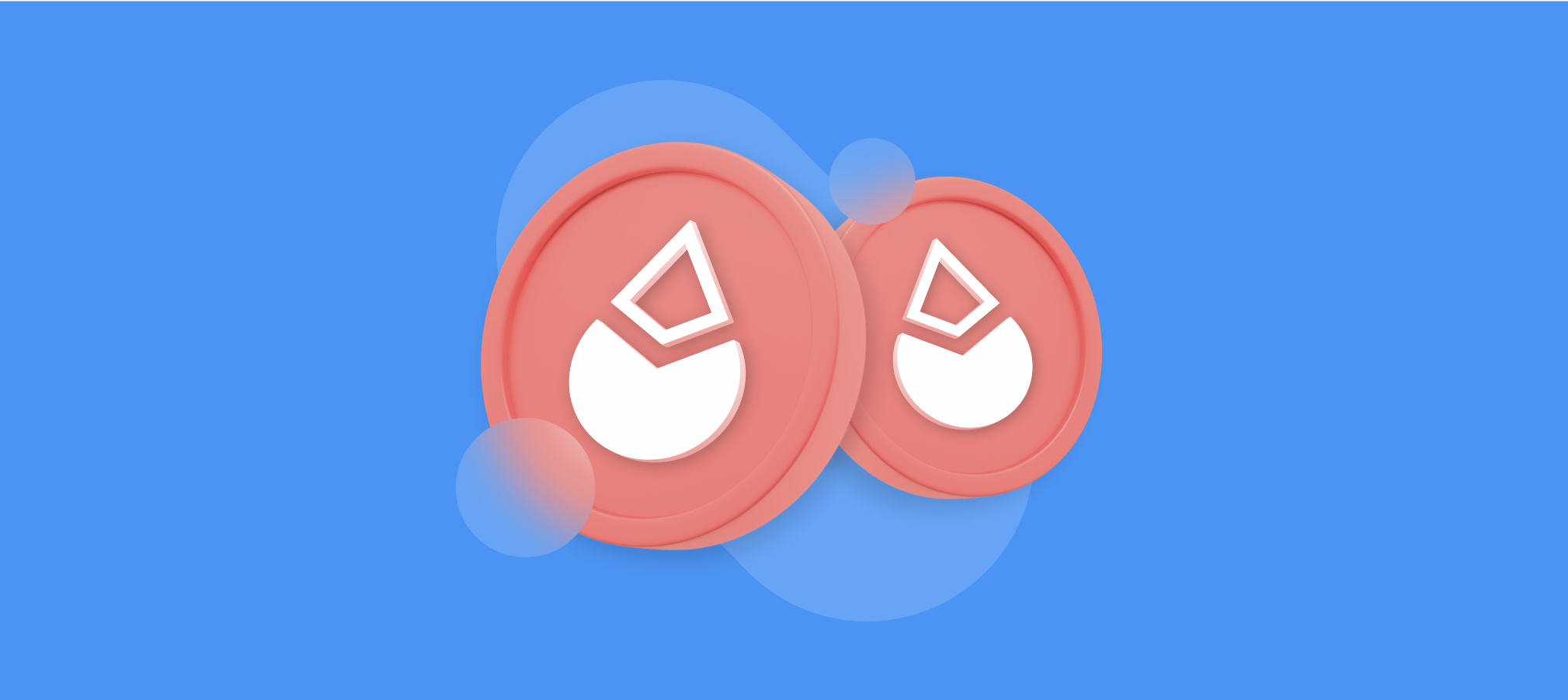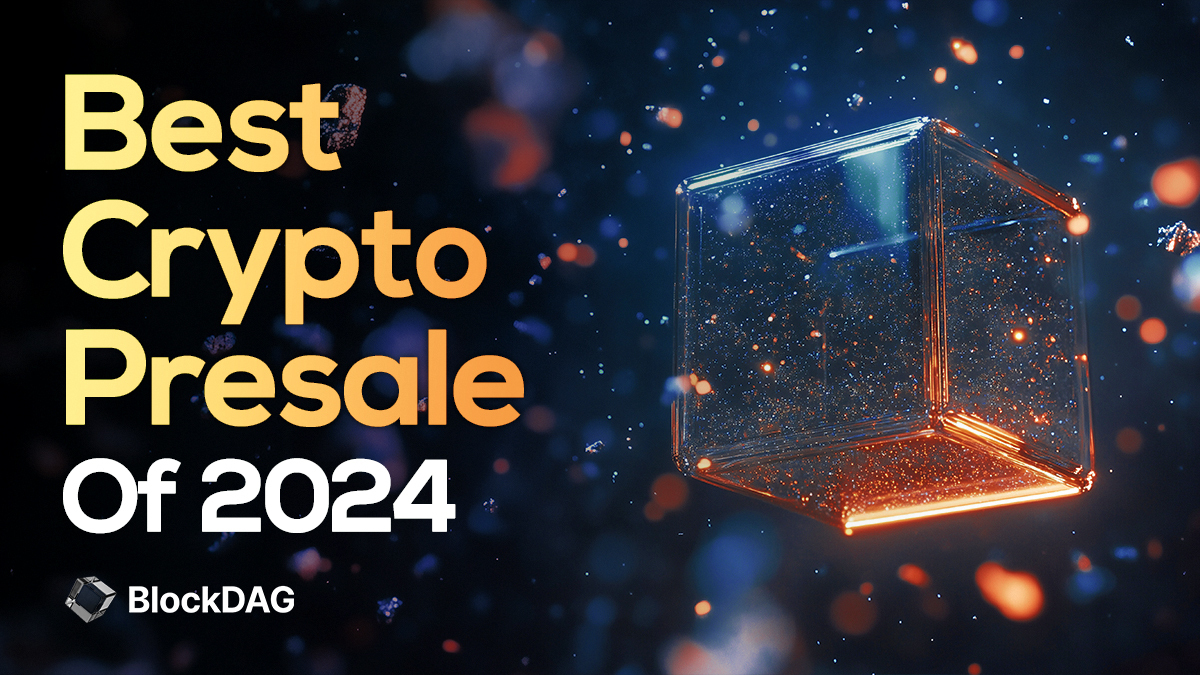ARTICLE AD BOX

- Lido DAO members face legal liability as the court classifies it as a general partnership.
- DAOs must address legal risks despite decentralization, following a precedent-setting ruling on liability.
Lido DAO, a decentralized autonomous organization (DAO), is found by the U.S. District Court for the Northern District of California to operate under state law as a general partnership. This implies that DAO members might be held legally responsible for activities the company does.
The matter started with an investor lawsuit alleging Lido DAO’s LDO token issuance qualifies as unregistered securities. Lido DAO claimed it was not a legal business and did not directly sell tokens, but the court decided its selling and advertising of tokens via crypto exchanges constituted a securities transaction.
California Threw DAOs Under The Liability Bus
A California judge just hit Lido DAO with a “general partnership” tag, meaning anyone holding Lido could be liable for the DAO’s moves.
This started when Andrew Samuels said LDO tokens are unregistered securities. The court sided… pic.twitter.com/pwPaehtLoZ
— Mario Nawfal’s Roundtable (@RoundtableSpace) November 20, 2024
Lido DAO Ruling Highlights Legal Risks for Decentralized Organizations
By stressing the dangers of running without official legal systems, this ruling sets a major legal precedent for DAOs and their members. The ruling emphasizes that governance involvement and operational benefits might expose members to responsibility even though DAOs are meant to be distributed among participants and to be decentralized.
The court also denied Lido DAO’s assertion that its distributed character disqualified it from falling under partnership rules. If DAOs are seen as alliances, the decision might have wider ramifications for such companies, especially those pushing tokenized assets without obvious legal compliance.
There are ramifications for this decision outside Lido DAO. Other distributed companies nowadays are under more legal uncertainties about their operations and member liability, as well as more observation.
It is clear from the changing legal environment that decentralization by itself might not protect people or organizations engaged in a DAO from responsibility. DAOs must thus assess their systems and guarantee adherence to current rules in order to prevent possible legal concerns. This generates an immediate necessity.
Notwithstanding these obstacles, interoperability and innovation keep flourishing in the larger blockchain ecosystem. CNF previously reported that GMX-Solana using Chainlink’s Data Streams to improve trade transparency and accuracy on Solana’s derivative platform.
Likewise, Lido DAO has combined Chainlink’s CCIP to allow direct ETH staking from Layer-2 networks without using a bridge to Ethereum’s mainnet. But at the time of writing, LDO tokens were trading at about $1.17, down 1.44% over the last 24 hours, and the market cap was less than $1.2 million.
.png)
 3 days ago
1
3 days ago
1








 English (US)
English (US)